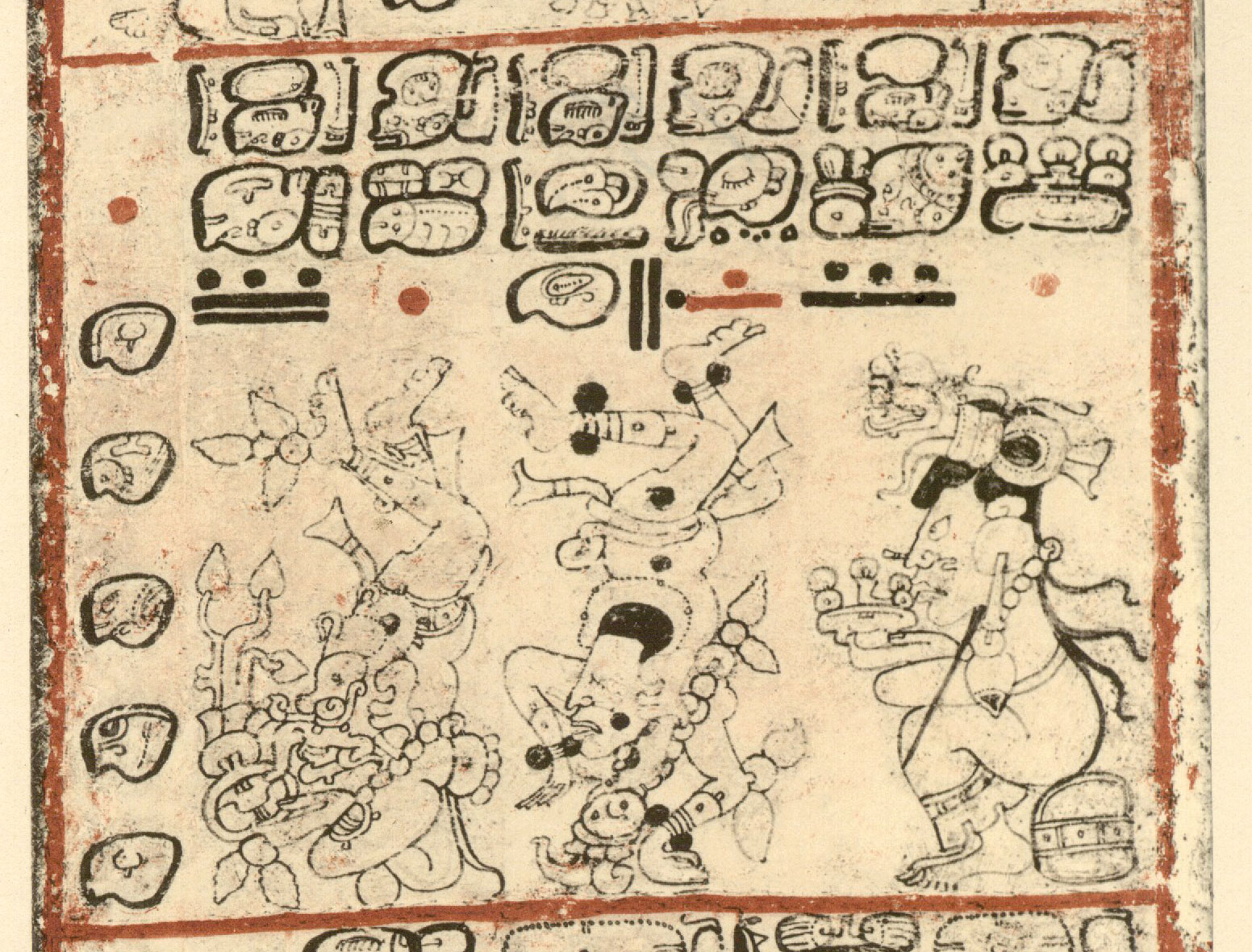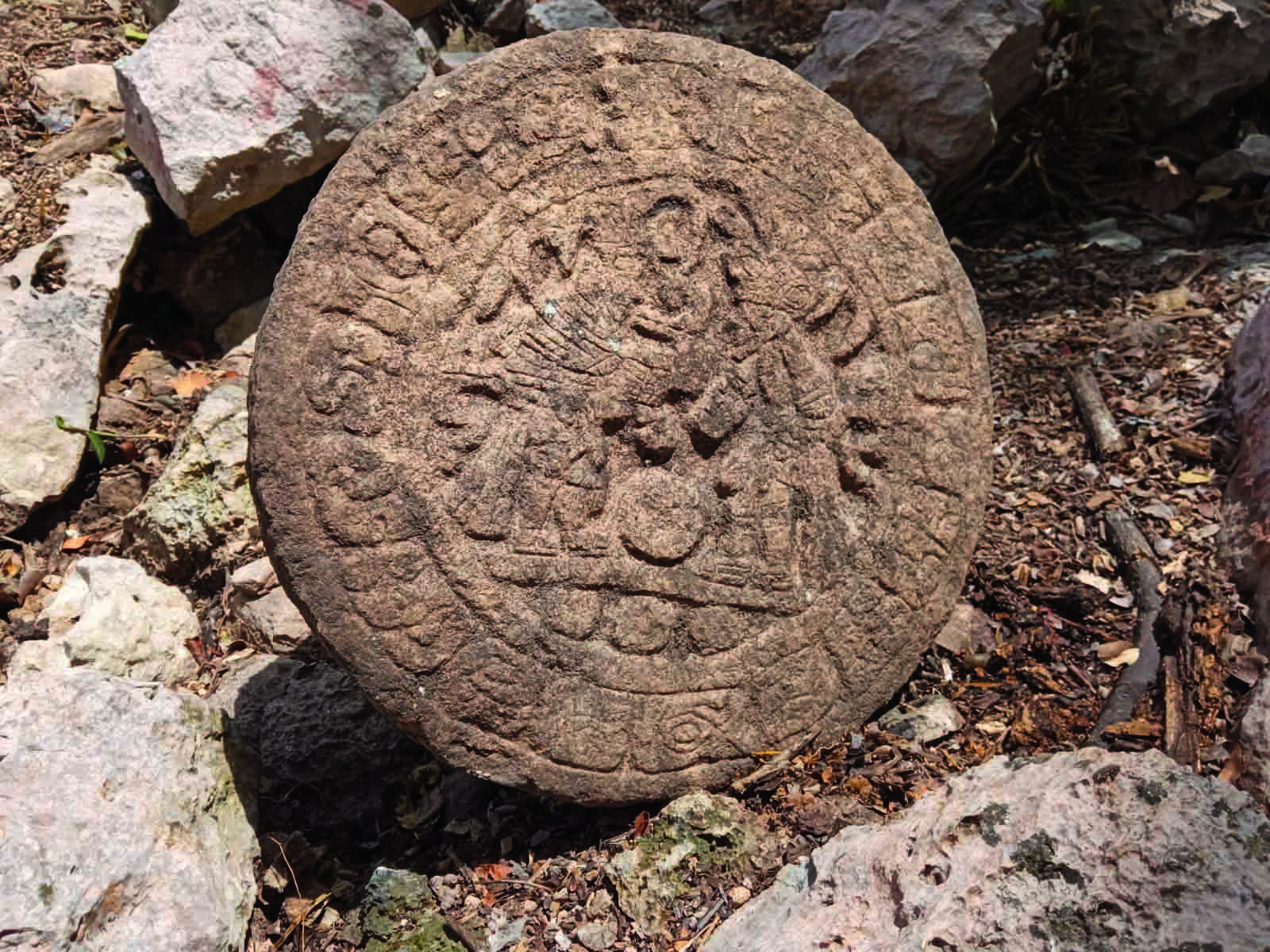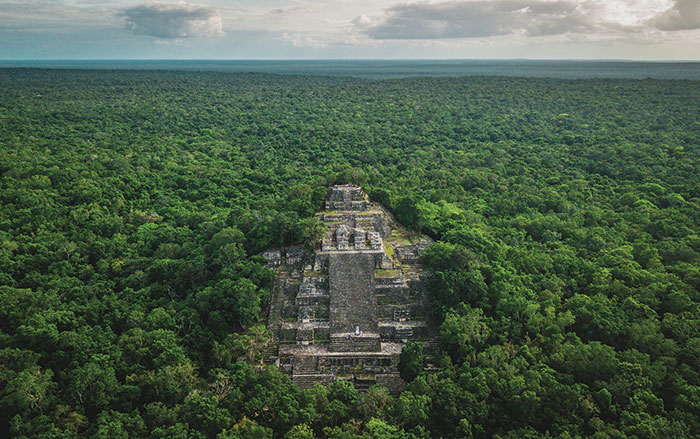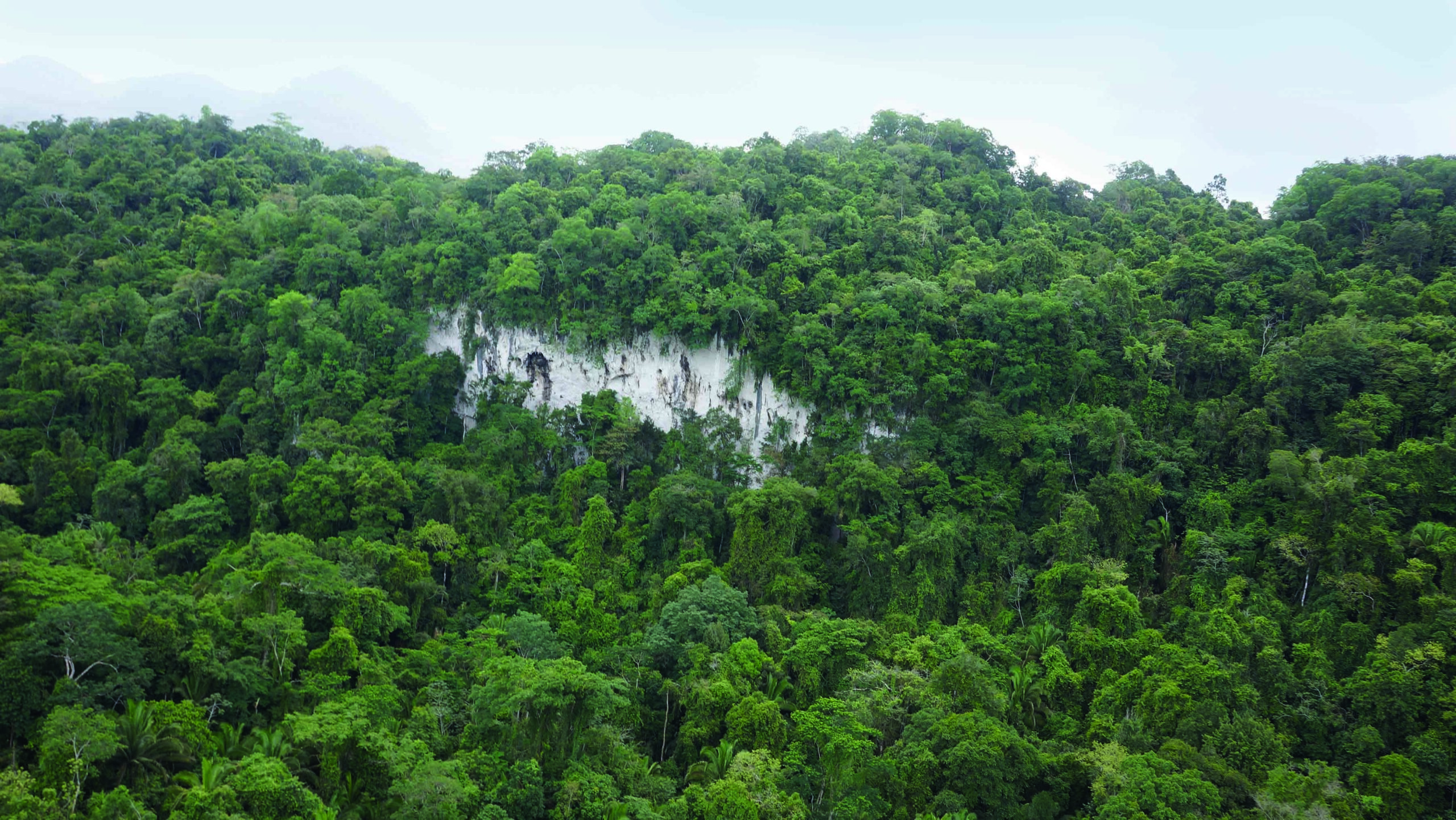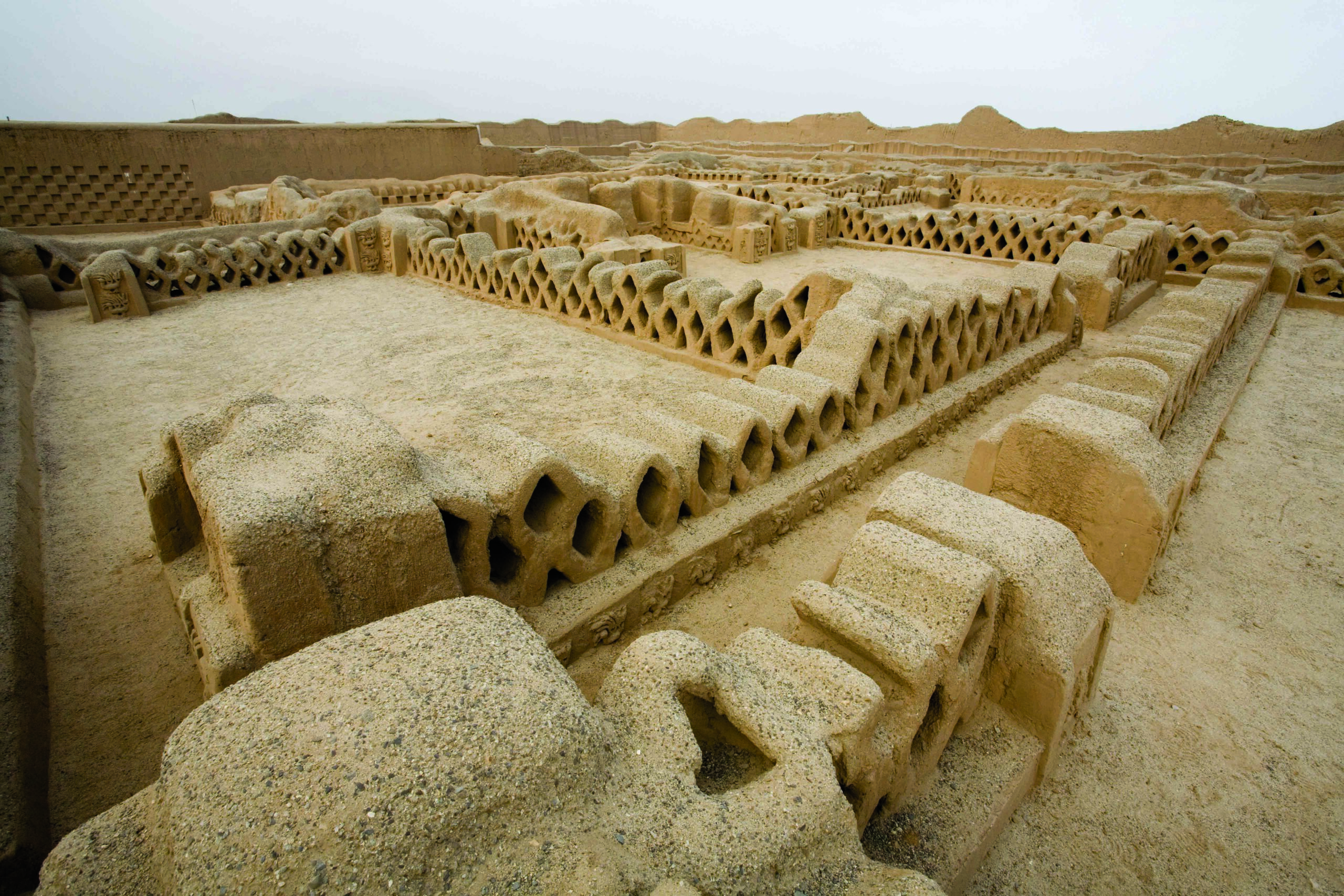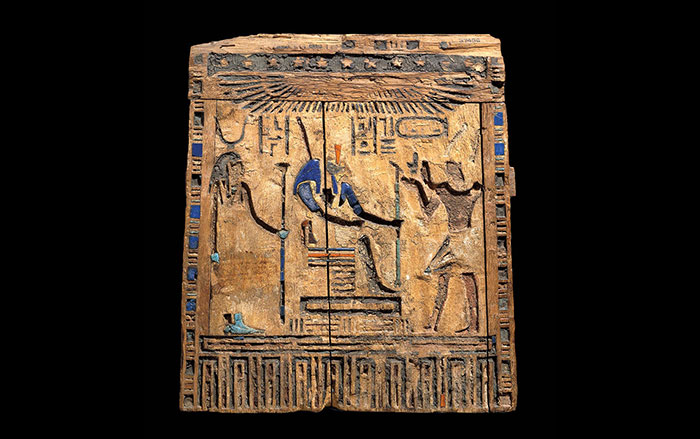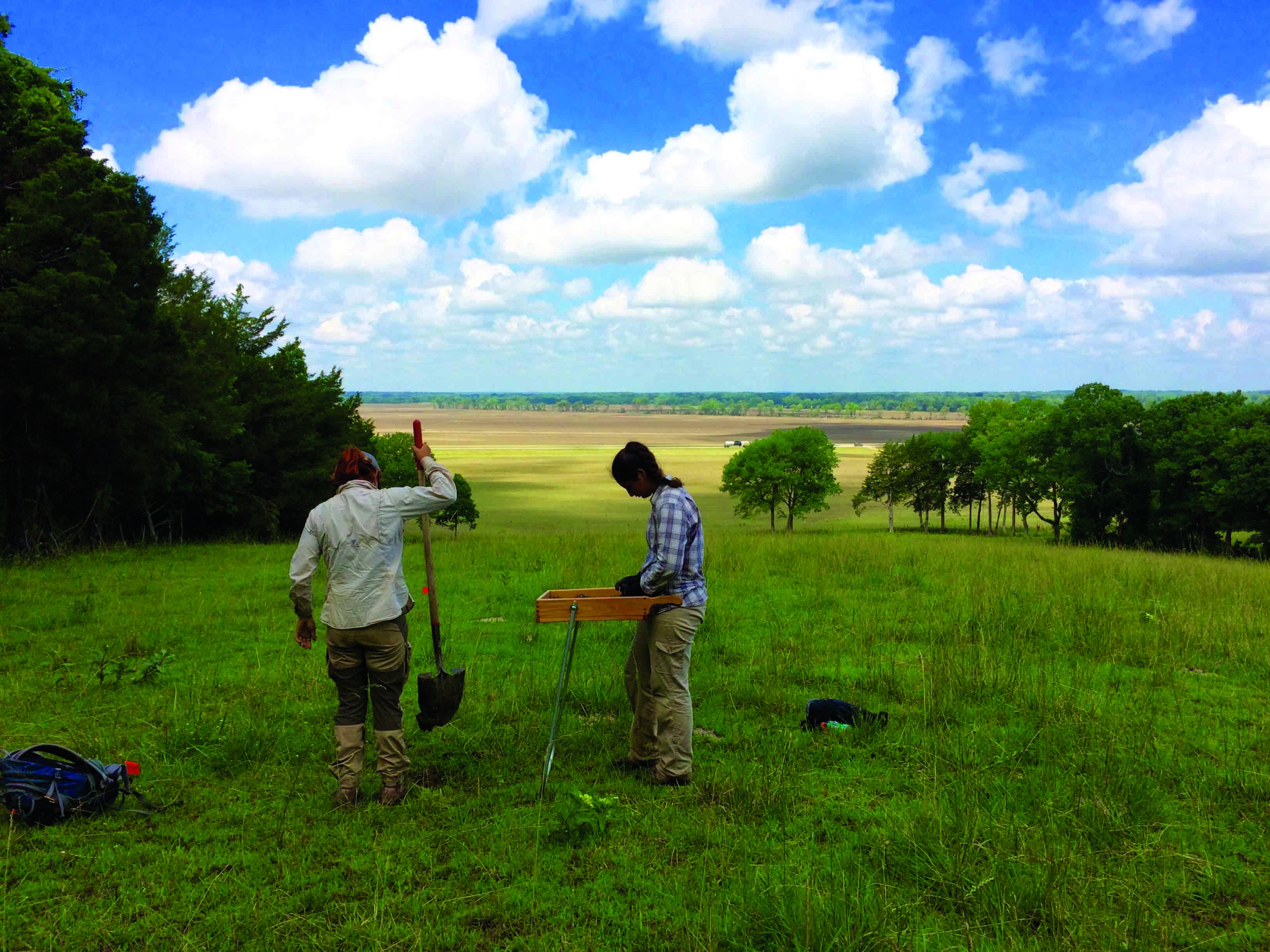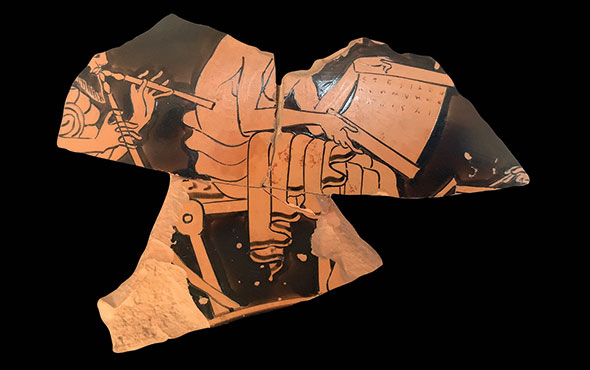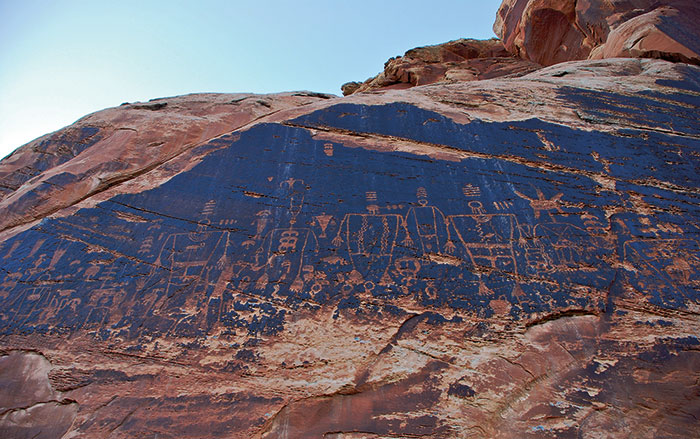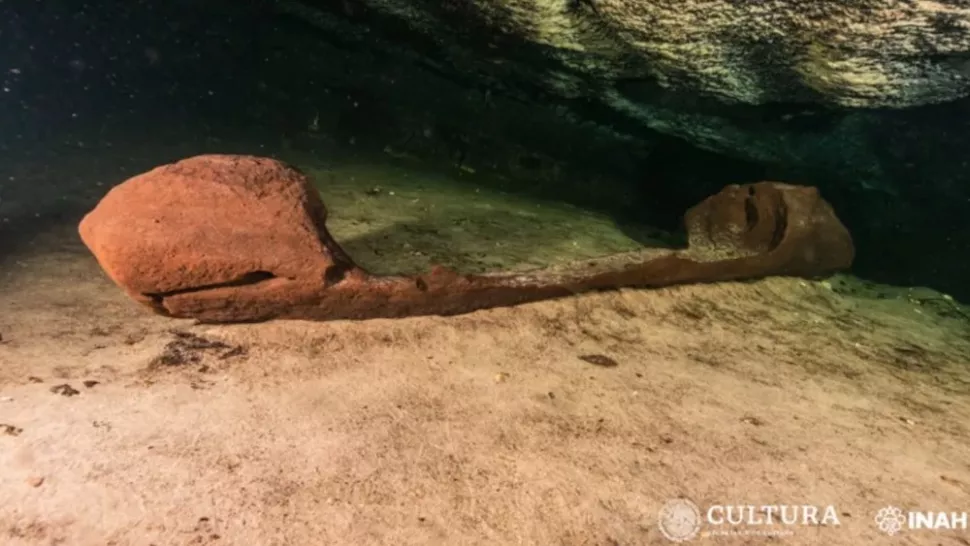
MEXICO CITY, MEXICO—According to a Live Science report, analysis of a wooden canoe discovered in a cenote by scuba divers near the Maya site of Chichén Itzá suggests it may have been deposited there as part of a ritual. Researchers from Mexico’s National Institute of Anthropology and History (INAH) and the French National Center for Scientific Research (CNRS) suggest that the sixteenth-century canoe may not have been seaworthy, since its prow and stern are very heavy, which would have made it difficult to navigate in swift currents. They also identified human foot bones, and the bones of armadillos, dogs, turkeys, and eagles in the area around the canoe. Because armadillos are good swimmers, and are known to have been used by the Maya to represent God L, a jaguar deity who could be depicted wearing a cape resembling an armadillo’s shell, the Maya may have believed the vessel could have entered the underworld through the portal of the cenote. “There are known images in Mayan ceramics in which [the armadillo] appears as a ‘stool of the gods,’ with characters that place their feet on it,” said Alexandra Biar of CNRS. “This would be directly linked to the archaeological evidence observed in the cenote,” she concluded. To read more about recent ancient Maya discoveries, go to "Jungle Realm of the Snake Queens."


